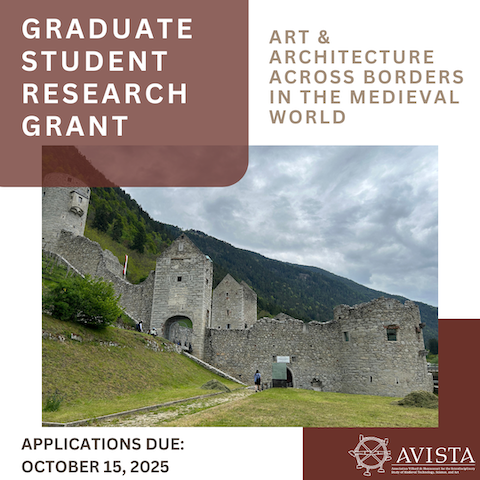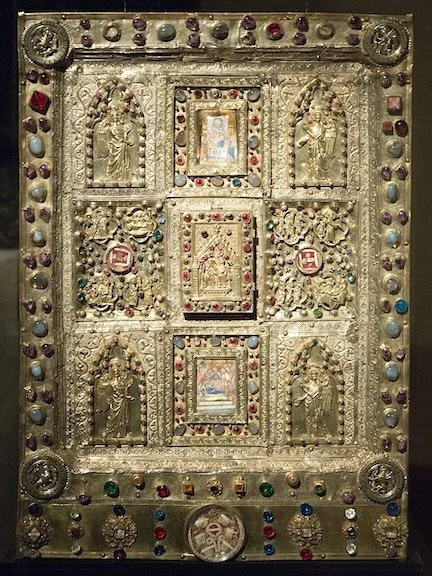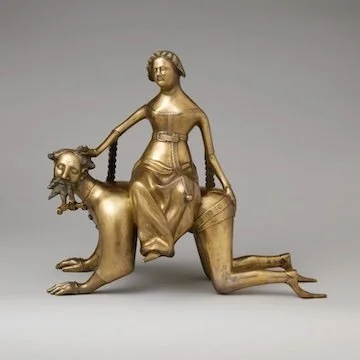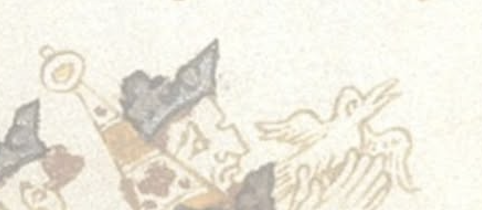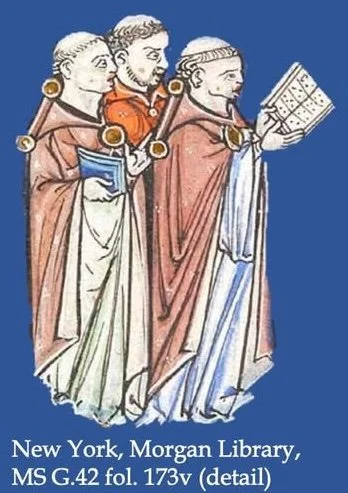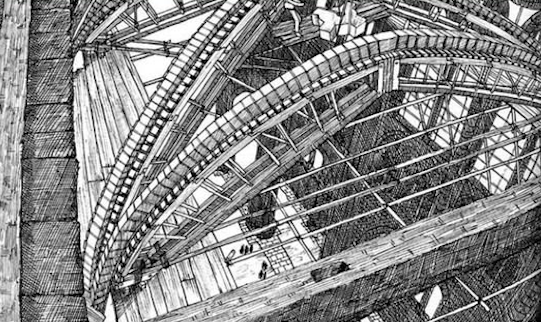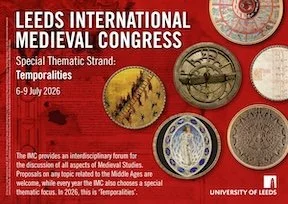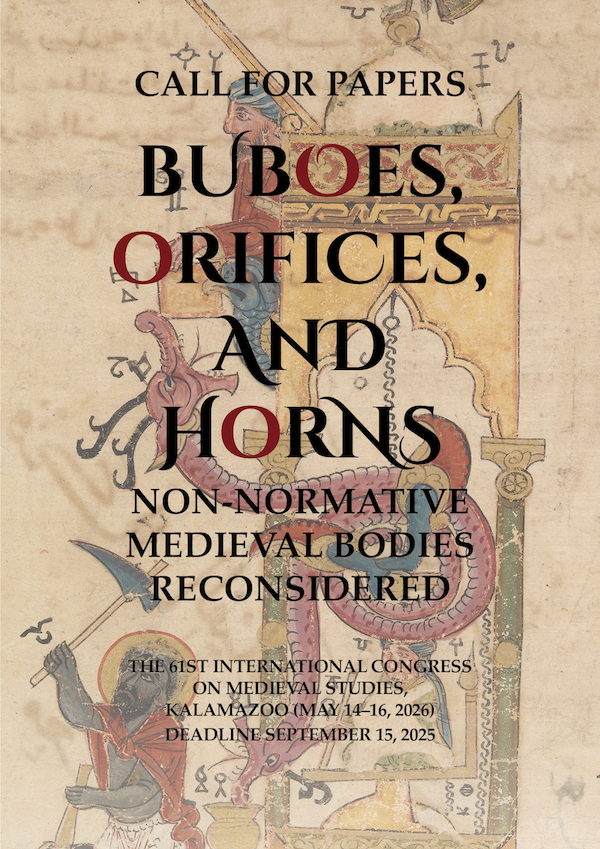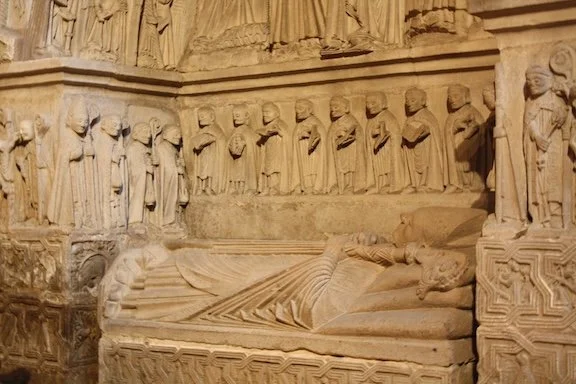Organizer
Ioanna Christoforaki, Academy of Athens
Abstract Submission
Please submit paper title, abstract and CV to ichristoforaki@yahoo.co.uk
Session Proposal
This panel invites papers that explore the cross-cultural transmission, reception, and reinvention of female saint cults from the Christian East to the Latin West in the centuries leading up to and following the Crusades, with particular attention to their resonance during the Renaissance (1300-1500 C.E.). During this period of intensified contact between East and West—through crusades, pilgrimage, trade, and manuscript circulation—the cults of women, such as Catherine of Alexandria, Thecla, Barbara, Pelagia, Marina/Margaret of Antioch and others, were reimagined to suit the spiritual, political, and cultural needs of Latin Christendom.
The panel seeks to explore how these Eastern-origin saints were integrated into the devotional, artistic, and intellectual frameworks of Renaissance Europe, and how their stories were reshaped through translation, visual culture, and localized liturgical practice. We are particularly interested in papers that interrogate the interplay between gender, sanctity, and cross-cultural exchange in the construction of saintly authority during this transformative period. We seek contributions that examine how these cults were transmitted, adapted, and appropriated across cultural, linguistic, and theological divides. Interdisciplinary approaches are particularly welcome.
Topics may include, but are not limited to:
The role of the Crusades, pilgrimage and holy sites in the movement of relics and saint cults from East to West
The role of Crusader memory and pilgrimage in sustaining or reshaping devotion
Visual representations of these saints in Renaissance Italy, Iberia, or Northern Europe
Theological or political uses of female saintly models in the context of ecclesiastical reform or royal patronage
Gendered readings of martyrdom, asceticism, and virginity across cultures
Monastic, mendicant, or courtly promotion of Eastern female saints
Gender, virginity, and martyrdom in cross-cultural saint narratives
Political and theological motivations behind the promotion of Eastern female saints
Comparative East–West perspectives on virginity, martyrdom, and asceticism
Submission Guidelines
Proposals should include:
Paper Title (15-word maximum)
Abstract (150–200 words)
Curriculum Vitae (in .pdf or .doc format, maximum 2 pages)
PhD or other terminal degree completion date (past or expected)
Primary discipline
Please send submissions to ichristoforaki@yahoo.co.uk or christof@academyofathens.gr by August 10, 2025. Papers should be no longer than 20 minutes and must be delivered in English. Presenters must be RSA members at the time of the conference.
For questions or informal inquiries, please contact the panel organizer at ichristoforaki@yahoo.co.uk or christof@academyofathens.gr.
We welcome proposals from scholars across disciplines focused but not limited to art history, history, literary studies, theology, and manuscript studies. Graduate students and early-career researchers are especially encouraged to apply.
Note
Speakers must be RSA members at the time of the conference.


